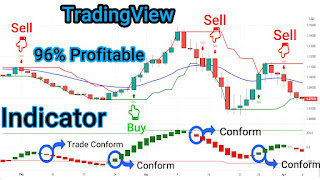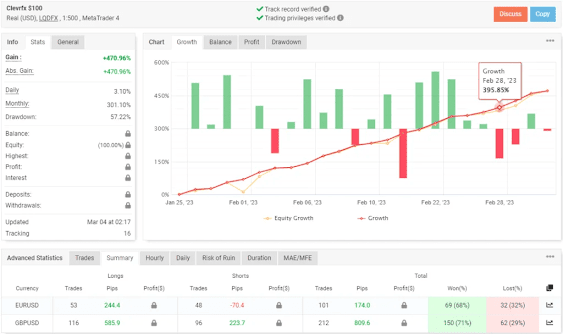Best Scalping Indicator: Maximizing Gains in Day Trading
Scalping, the art of making rapid, short-term trades in the financial markets, is an exciting yet demanding venture. Scalpers aim to profit from minor price fluctuations in various assets, such as stocks, forex, and cryptocurrencies. To succeed in this high-paced environment, having the best scalping indicator at your disposal can be a game-changer.
Understanding Scalping in Trading
Scalping is a trading strategy that involves opening and closing positions within minutes, or even seconds. The goal is to accumulate small profits over a large number of trades, capitalizing on the tiniest market movements. Scalpers are not concerned with long-term trends but rather focus on capturing immediate price changes.
The Significance of Scalping Indicators
Scalping indicators are tools that provide traders with valuable insights into the market. These indicators help identify entry and exit points, market trends, and potential reversals. While they can't guarantee success, they significantly enhance a scalper's ability to make informed decisions.
Popular Scalping Indicators
4.1 Moving Averages
Moving averages help smooth out price data, making it easier to spot trends and potential entry or exit points. Traders often use the simple moving average (SMA) or exponential moving average (EMA) to identify changes in market direction.
4.2 Relative Strength Index (RSI)
The RSI measures the speed and change of price movements. It's a valuable tool for identifying overbought or oversold conditions in the market, indicating potential reversals.
4.3 Bollinger Bands
Bollinger Bands consist of a middle band and two outer bands that react to price volatility. They help scalpers identify periods of high or low volatility, aiding in trade decisions.
4.4 Stochastic Oscillator
The stochastic oscillator compares the current price to a range of its prices over time. It assists traders in determining overbought and oversold conditions, providing signals for potential reversals.
Customizing Your Scalping Indicator
Every trader has unique preferences and strategies. Therefore, it's crucial to customize your chosen indicator to align with your trading style. Whether you prefer faster or slower signals, adjusting the indicator parameters is essential.
Scalping Strategies and Risk Management
Scalping strategies vary from trader to trader, but they all share a common emphasis on minimizing risk. Effective risk management is key to avoiding substantial losses in this high-frequency trading approach.
The Best Scalping Indicator: A Matter of Preference
The title of the "best" scalping indicator is subjective. What works for one trader may not work for another. It depends on your trading style, the assets you trade, and your risk tolerance.
Pros and Cons of Scalping
Pros:
- Quick, frequent profit opportunities
- Minimal exposure to market risks
- Enhanced ability to manage risk
- Reduces the impact of major economic events
Cons:
- High stress and pressure
- Requires intense focus and discipline
- Transaction costs can add up
- Potential for overtrading
The Psychological Aspect of Scalping
Scalping can be mentally taxing due to its fast-paced nature. Traders must maintain emotional control, avoid impulsiveness, and stick to their strategies.
Achieving Success with Scalping
Success in scalping depends on a combination of factors, including choosing the right indicator, having a solid risk management plan, and practicing discipline.
Expert Insights
To gain further insights into scalping, we reached out to seasoned traders. Their collective wisdom emphasized the need for discipline, continuous learning, and adapting to market conditions.
Conclusion
Scalping, with the right scalping indicator, can be a lucrative trading strategy. However, it's not for everyone. To succeed, traders must remain disciplined, adaptable, and well-versed in risk management. As with any trading approach, the path to success in scalping requires dedication and continuous improvement.
FAQs
1. What is the best scalping indicator?
- The best scalping indicator varies from trader to trader and depends on their specific preferences and trading style.
2. Is scalping a suitable strategy for beginners?
- Scalping is a challenging strategy and may not be the best choice for beginners. It requires experience, discipline, and a deep understanding of the market.
3. How do I manage risk while scalping?
- Effective risk management in scalping involves setting tight stop-loss orders, managing position sizes, and avoiding overtrading.
4. Can I use scalping indicators in cryptocurrency trading?
- Yes, scalping indicators are applicable in cryptocurrency trading, just as they are in other financial markets.
5. What is the psychological aspect of scalping, and how can I handle it?
- Scalping can be mentally taxing due to its fast-paced nature. To handle it, traders must maintain emotional control, avoid impulsiveness, and adhere to their trading plans.


Comments
Post a Comment